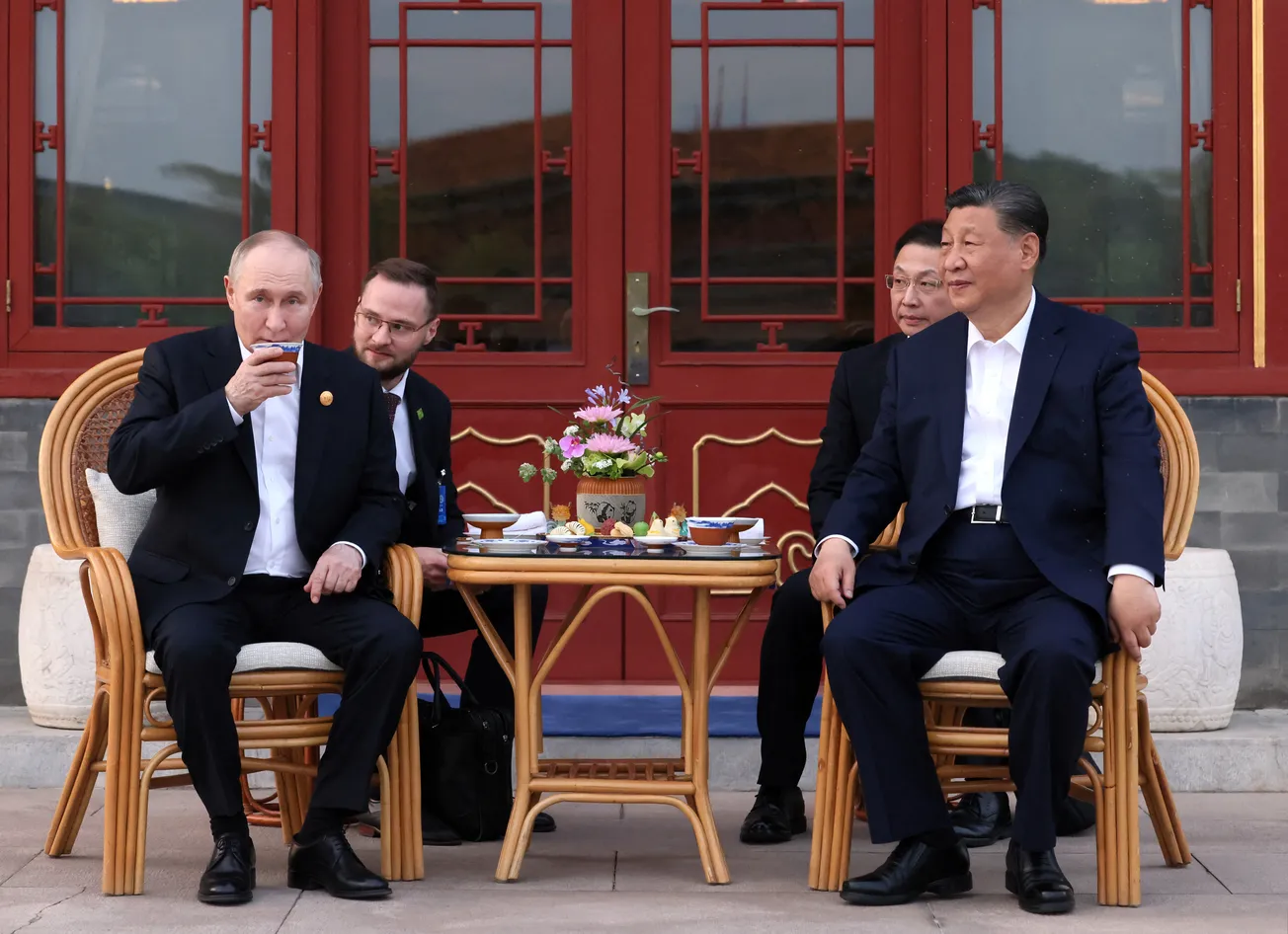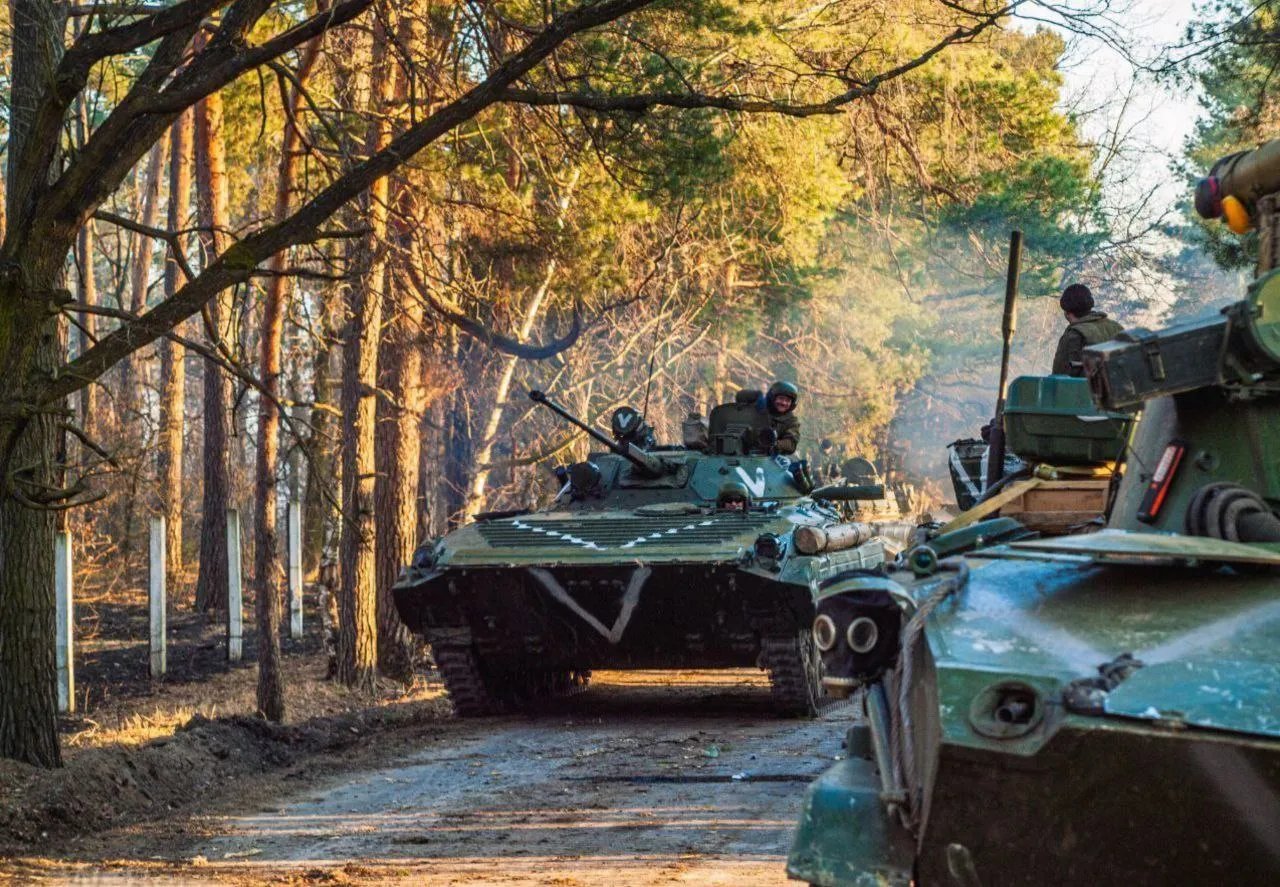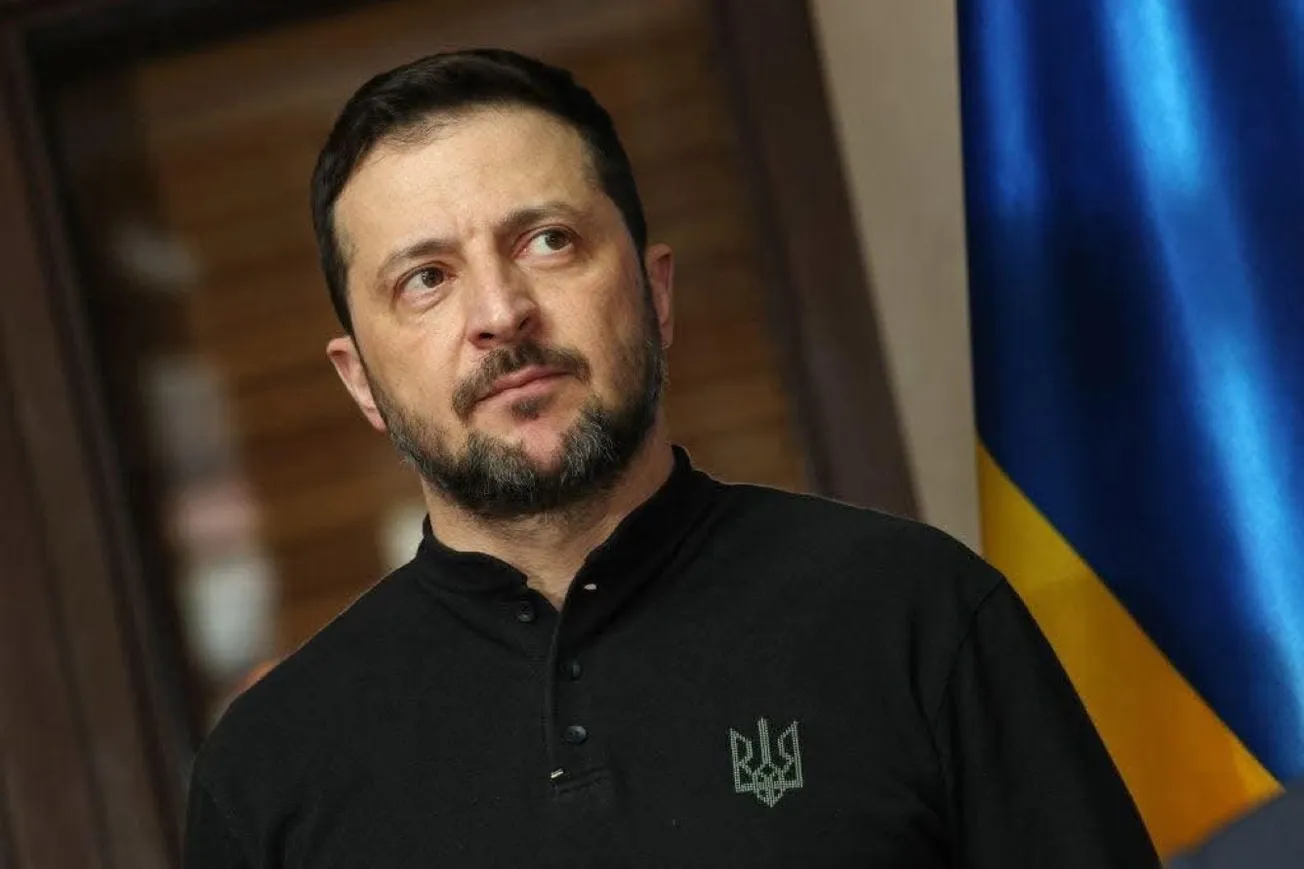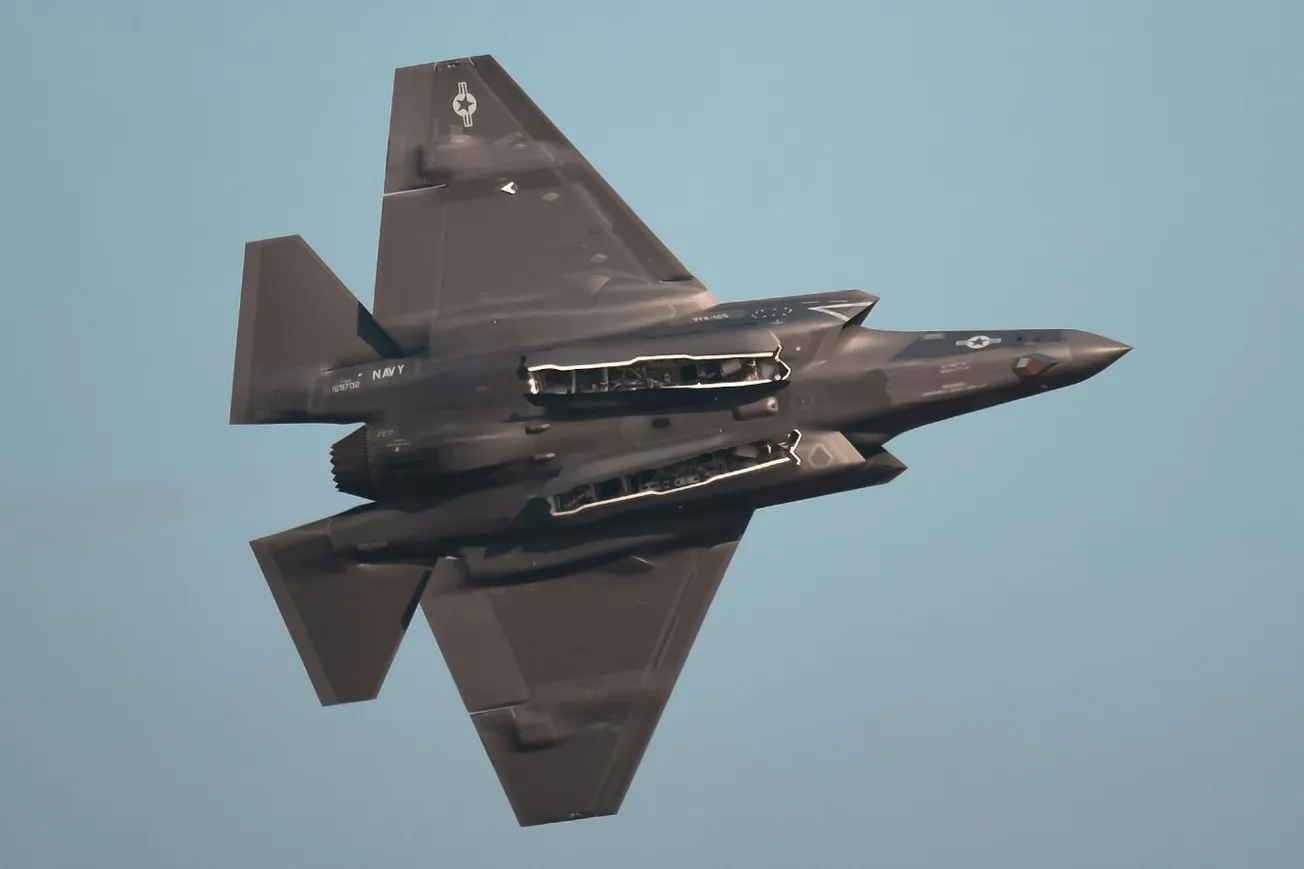Major news outlets amplified an exclusive story that Reuters first broke earlier this week: Putin wants Ukraine ceasefire on current frontlines.
The Reuters piece referred to unnamed sources in saying that President Putin was willing to halt the Ukraine conflict and is ready for peace talks as long as they are based on current ground realities, including respecting all the territory that Russia has gained. Putin does not want to mobilize additional troops (a move that cost him some popularity points when he signed a decree in 2022 to enlist more soldiers), and he has little intention of waging war on NATO territories. He is also concerned about nuclear escalation.
As serious watchers of the conflict even before it began in February 2022, we were pleasantly surprised by the story. The fact that the piece came from four unnamed sources initially added to our suspicion.
War coverage in Western media outlets has recently shifted to acknowledging that Ukraine is losing momentum and that Russia is gaining an advantage —a marked difference from the reporting in recent months, when the stress was on the word "stalemate." Some of the stories, rather than focusing on Ukraine's problems (inadequate troop strength, late-arriving weapons and aid from the West, a demoralized Ukrainian frontline exhausted from two years of war, and distractions as the world focuses its attention on Palestine), have begun to acknowledge Russian superiority in the battlefield for the first time.
Russia had devised ways to jam Starlink terminals, rendering a key Ukrainian communications weapon practically useless. Russia's Electronic Warfare capabilities have extended to neutralizing American weapon systems, including the Excalibur, a 155-millimeter guided artillery shell, and the Ground Launched Small Diameter Bomb or GLSDB, a far more severe consequence. With Russia gaining territory and halting on the outskirts of Kharkiv and Russian and Chinese leaders continuing their partnership without limits, our obvious question was why Putin, when he seems to be enjoying the upper hand, was even interested in negotiating a peace settlement now.
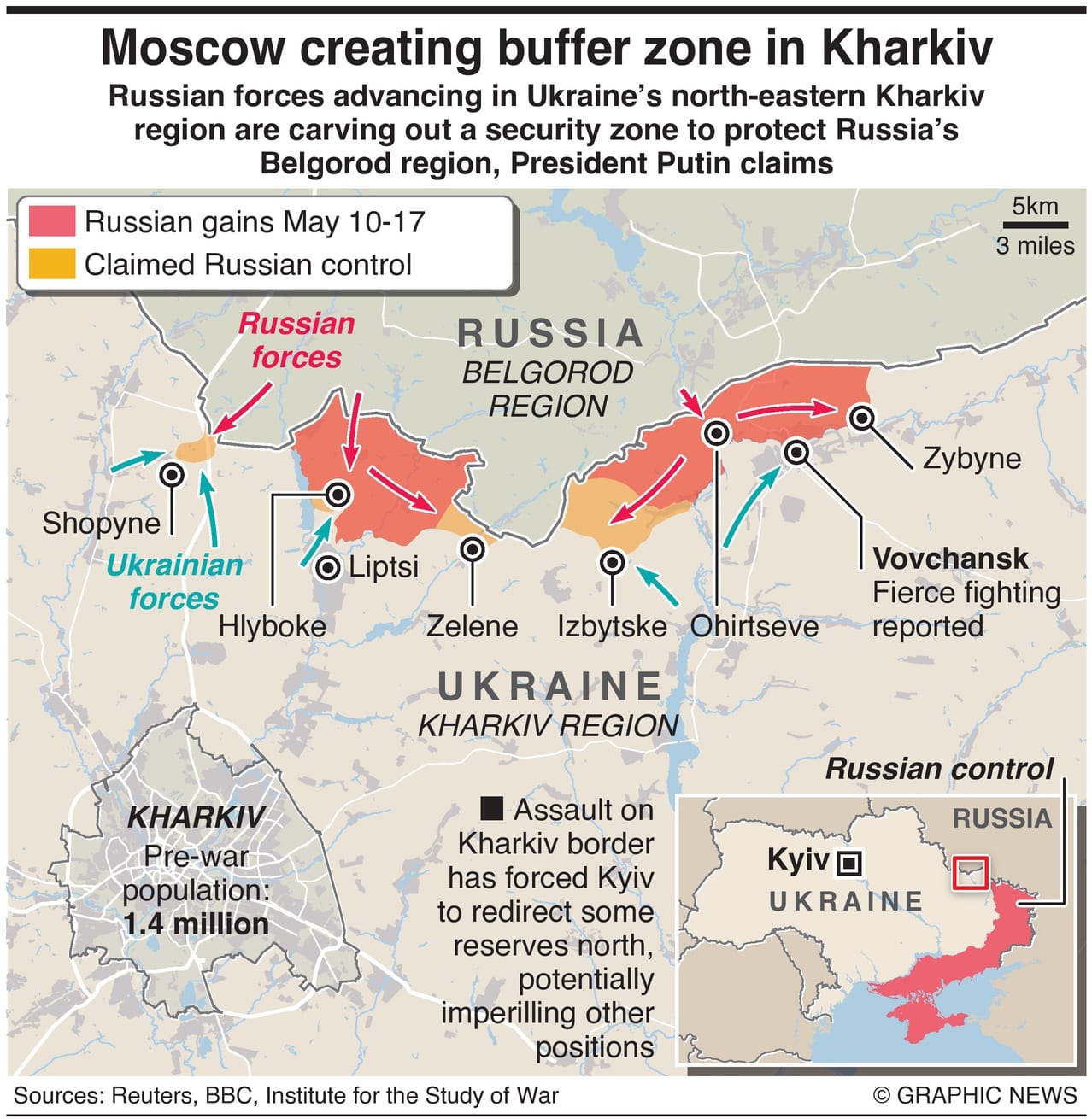
The recent meeting between President Putin and Chinese leader Xi Jinping underscores their shared hostility towards the United States and their desire to frame it as a declining yet dangerous hegemon. Despite their declared deepened strategic partnership, practical support from China remains cautious, likely due to concerns about provoking the West. Putin must have deliberated on the Ukraine situation with Xi Jinping as Russia continues its offensive there. Putin's recent move is likely to have Xi's blessings, and he was clever in revealing his intentions about Ukraine in the days following the meeting. The joint statement from the leaders reflects an alliance based on mutual anti-American sentiments, economic interdependence, and a desire to reshape the global order away from U.S. dominance.
We came up with five possible reasons behind Putin's offer.
Counter the Swiss peace talks. As most nations who have supported Ukraine meet in Geneva shortly for a peace conference called by Ukraine, with Russia notably absent and uninvited, Putin's offer to negotiate peace was a move to neutralize the Swiss effort and get ahead of the PR narrative. The Swiss conference is expected to insist that Russia would have to remove all troops and return all territory to Ukraine, including Crimea, and pay for Ukraine's reconstruction, all non-starters for Putin.
Draw world opinion to Zelenskyy as an unelected leader. Putin just got reelected to a sixth term. America is about to vote in a general election fewer than six months away. The UK just announced a snap election on July 4. When the world continues to have elections - and the thrust of the Western response to Russia is to protect democracy - how could the West legitimize Zelenskyy's role as Ukraine's democratic president when his term expired on May 19? Putin drew red lines in his statement that he was unaware of whom he should negotiate with, as Zelenskyy was no longer the official leader of his country.
Highlight Putin's primary grievance against Ukraine. Putin's statements that he does not want to attack NATO territories and does not seek a nuclear escalation, although he has more nuclear weapons than the West, highlight his primary grievance against Ukraine, which caused him to invade. Putin sees Ukraine joining NATO or hosting Western weapons on its border as an existential threat - and he seeks a neutral Ukraine for European security. His statements are also intended to neutralize Western propaganda that "Putin wouldn't stop at Ukraine."
Exploit world opinion against the United States. The world sees Israel's continued military operations in Gaza as excessive and a humanitarian disaster. The recent announcement by the International Criminal Court that Israeli PM Netanyahu was guilty of war crimes - and America's aggressive defense of Israel, including Speaker Mike Johnson's attacks against the ICC - have placed America in a difficult diplomatic situation. America, which does not recognize the ICC, was nevertheless supportive of its judgment that Putin was guilty of war crimes. How does America square the situation now in the eyes of the developing world that sees a clear double standard?
Provide Trump a way out. Former President Trump has said that while President Biden hopelessly bungled the Ukraine situation, he is confident of resolving the conflict in one day. By setting the parameters with which Putin is comfortable in seeking peace, Putin is providing Trump, assuming Trump wins in November, with a roadmap to proceed as the latest elected leader to take office.
Throughout the 27-month conflict, Putin has managed to out-maneuver the West despite the West's massive advantage in global standing, media power, military capabilities, and financial strength, as evidenced by its nearly 3,000 sanctions against Russia.
The recent Reuters story is another example of excellent PR designed to weaken the West in the world of public opinion.

